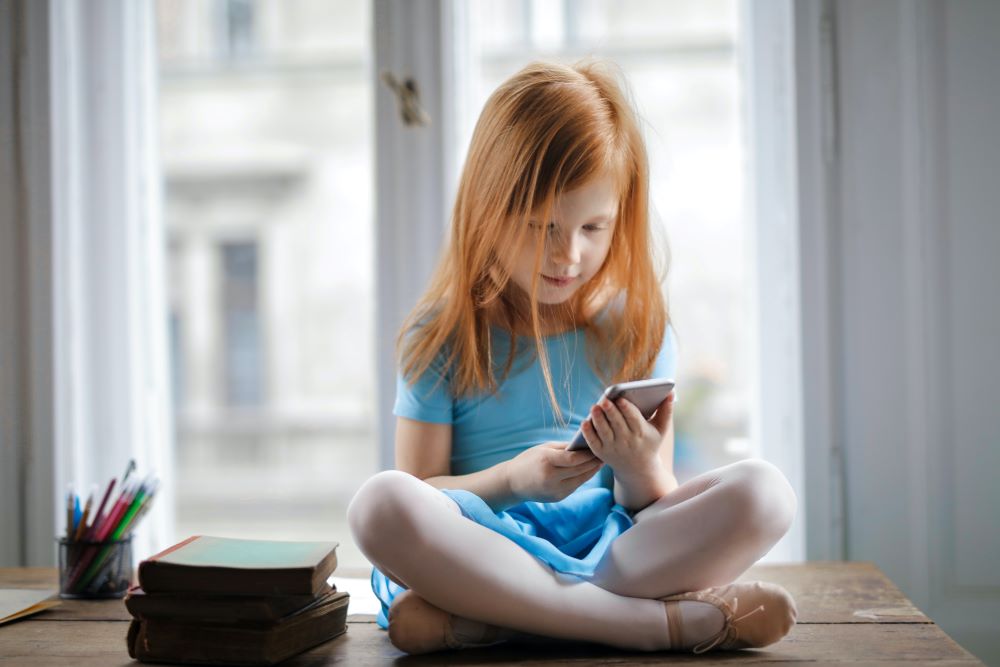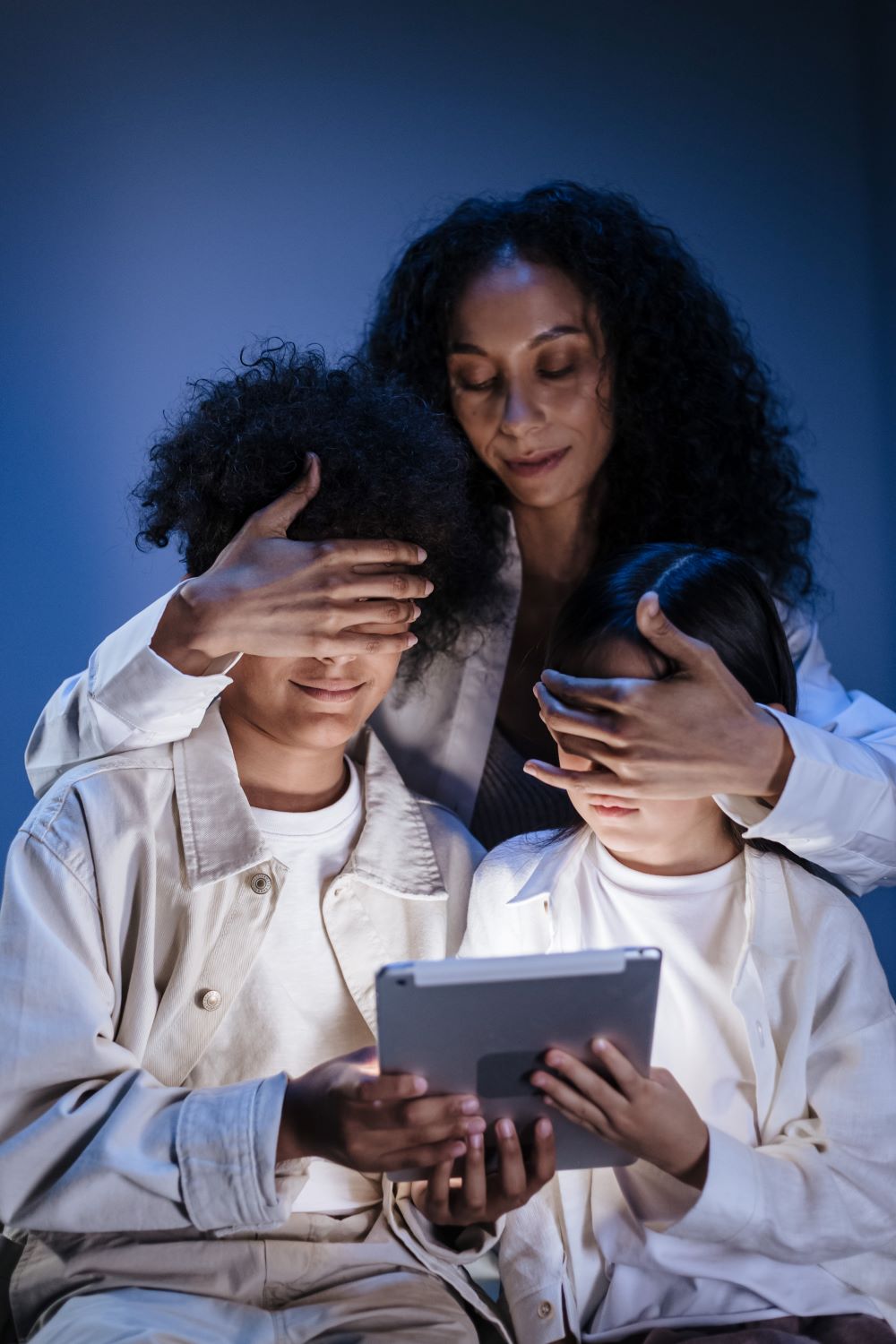Is social media dangerous to young minds? Some parents think so.
The use of social media, especially by teens and young children, is only growing. With more information available to parents about the potential effects of social media on these young minds, the opinions of parents are steadily changing on the subject, and not for the better. They’re not wrong to be concerned, but what can be done to ensure children are having positive experiences rather than negative? While some social media platforms are taking action to protect kids, researchers agree that what’s being done isn’t enough and there’s still a significant amount of content harming kids.
Research has clearly shown that social media can easily increase anxiety and depression in children when it’s used poorly. Not only that but it exposes them to more negative life influences like bullying, hurtful language, and inappropriate sharing. Overall, during a formative time of establishing personal identity and confidence, or low self-esteem and confusion, excessive social media use certainly help.
Parents are most worried about social media harming their children by exposing them to explicit content or causing them to spend too much time on the sites. Other concerns include wasting time instead of completing what they should be doing like homework, sharing too much personal information, peer pressure, harassment, and cyberbullying.

In a recent survey, 50% of U.S. parents were found to be concerned about what social media was doing to their kids. Social media may be a great way to connect with people but there are certain communication aspects that are missing. The lack of body language and facial expressions removes a key interpretation component and that commonly leads to misunderstanding and hurt feelings. This can lead to the avoidance of in-person communication and alienating oneself from social situations.
Social media has led to a trend in unobtainable perfection, leading children, and especially teenagers to chase after a perfection that only exists on the internet via filters and other altering avenues. Their internet persona and real-life persona will not match leading to more anxiety, depression, and self-esteem issues.
The more parents are involved with their kids and their social media use the better. While many take the path of limiting their exposure with screen time limits and banning certain platforms, that can lead to secrecy in the end. By being active in their social media engagement, parents are more likely to have active conversations with their children regarding exposure, confidence issues, and concerns that arise.
Parents that keep an open and non-judgmental approach to their child’s activity on social media are more likely to be approached when their child runs into a potential problem.
The best way to protect children from the dangers of social media is not only to set a good example about the use of technology, but also to help build up children’s and teens’ self-esteem and encourage open communication. It’s important that children feel they can come to trusted adults if they are having negative online experiences.
Sources:
In Survey, Half of US Parents Believe Social Media Is Harming Their Kids
How Using Social Media Affects Teenagers
Explicit content, time-wasting, are key social media worries for parents of US teens


Join the conversation!